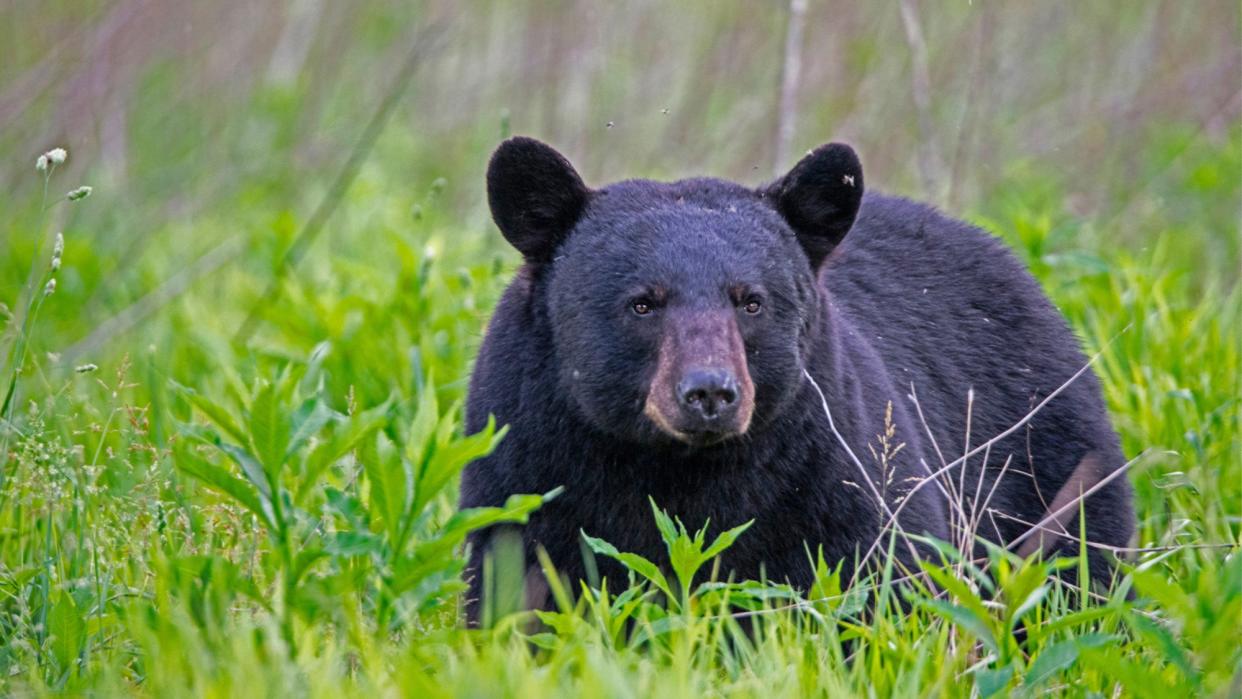The Latest on Louisiana's Black Bear Hunting Season: Public Hearing Rescheduled

In November, Louisiana’s Wildlife Commission voted to approve a lottery draw for a black bear hunting season in 2024. The first public hearing for the new black bear hunt was scheduled for last night, but was postponed due to inclement weather. It has been rescheduled for January 25th, along with two more public hearings scheduled in the coming weeks.
The Louisiana Department of Wildlife and Fisheries first proposed a black bear season in October, before it was approved a month later. The state is planning to allocate 10 tags to hunters through a lottery that will be valid for the entire season.
The hunt will last for 16 days next December, and the lottery winners will get those tags with no need to call in after each hunt to see how many bears have been killed, according to an interview by the Louisiana Radio Network with the Louisiana Department of Wildlife and Fisheries Large Carnivore Program Manager John Hanks.
In 2016, the Louisiana black bear was removed from the Endangered Species List. State wildlife experts believe the black bear population is strong enough—estimates suggest 1,212 bears—for a limited hunting season. However, the public still has the opportunity to voice their opinion in three public hearings.
Below is the schedule for the three public hearings:
Jan. 18, 2024, at 6 p.m. at the West Monroe Convention Center, 901 Ridge Ave., West Monroe;
Jan. 23, 2024, at 6 p.m. at the Black Bear Golf Course Conference Center, 253 Black Bear Dr., Delhi.
Jan. 25, 2024, at 6 p.m. at the LSU Ag Center, 4531 Louisiana Highway 605 in St. Joseph;
Tags will only be valid in select areas of the state, including Tensas, Madison, East and West Carroll Parishes as well as areas in Richland, Franklin, and Catahoula Parishes.
The hunt would take place in December when female bears are less active and looking for dens. According to the interview with the Louisana Radio Network, Hanks said that the number of tags was chosen with the idea that if all 10 bears taken were female, it would not disrupt the population. But the hope is that most of the bears killed will be male.

